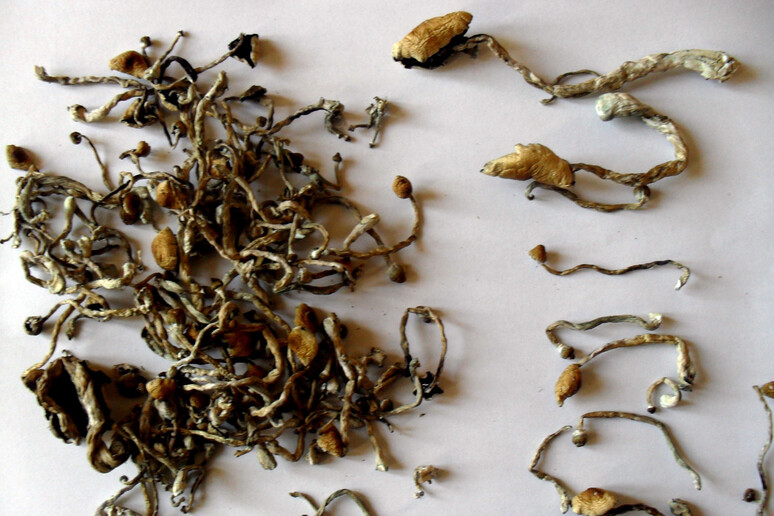The use of psychedelic mushrooms in Colorado is about to enter a new phase. State authorities are issuing the first licenses for the controlled supply and use of psilocybin, the natural compound found in these hallucinogens, with the goal of authorizing the first “healing centers” by early summer. This marks a significant step, following in the footsteps of Oregon and signaling a shift in the perception and therapeutic use of these substances.
Although psychedelic mushrooms are classified as a Schedule I drug and therefore illegal at the federal level, in recent years, about a dozen U.S. cities have adopted decriminalization policies or deprioritized law enforcement on the matter. Attention is now focused on the regulated programs in Oregon and Colorado, which could serve as models for other states.
Researchers highlight psilocybin’s therapeutic potential in treating depression and anxiety, particularly in patients who do not respond to traditional treatments. According to the National Institute on Drug Abuse, the U.S. government agency focused on addiction, supervised use would reduce the risk of severe side effects. Even the U.S. Secretary of Health, Robert F. Kennedy Jr., has stated that he has an “open mind” toward the medical use of these substances.
However, the transition from decriminalization to regulation is not without challenges. In Oregon, where the system is already operational, access to psychedelic treatments is limited by high costs, with sessions ranging from $1,000 to $3,000, without insurance coverage. In Colorado, too, fees for facilitators and healing centers could be a barrier for many patients.
To make therapies more accessible, some clinics are exploring sliding-scale payment models and financial assistance for veterans, low-income patients, and Medicaid enrollees, as well as group sessions.
Unlike Oregon, Colorado has included the possibility of integrating psilocybin into existing medical and mental health practices in its legislation. The program mandates rigorous training for facilitators and requires pre-session screening procedures and post-treatment follow-ups.
The line between legalization and regulation remains thin. While the retail sale of psilocybin remains prohibited, ancillary activities are emerging, such as distributing home cultivation kits and offering training courses on mushroom growing. However, some experts warn that excessive commercialization could have negative impacts on Indigenous communities, which have used these substances in their spiritual practices for centuries.












